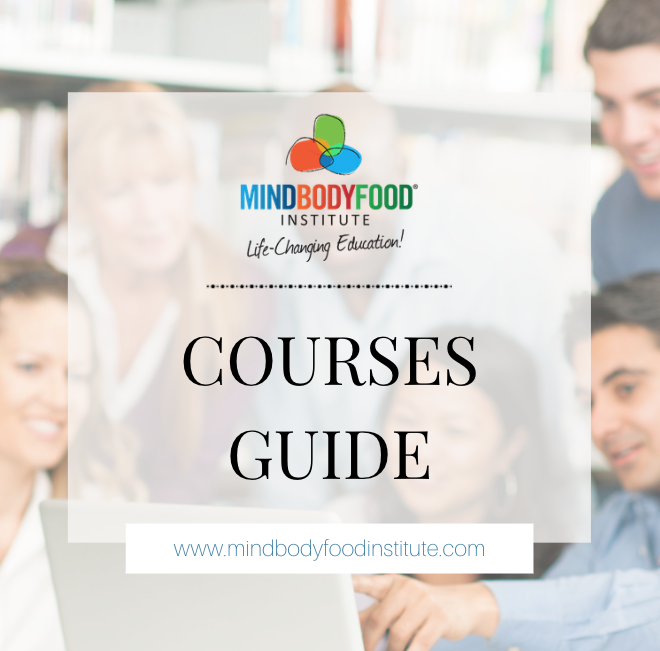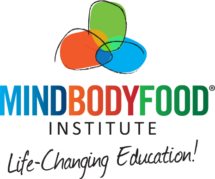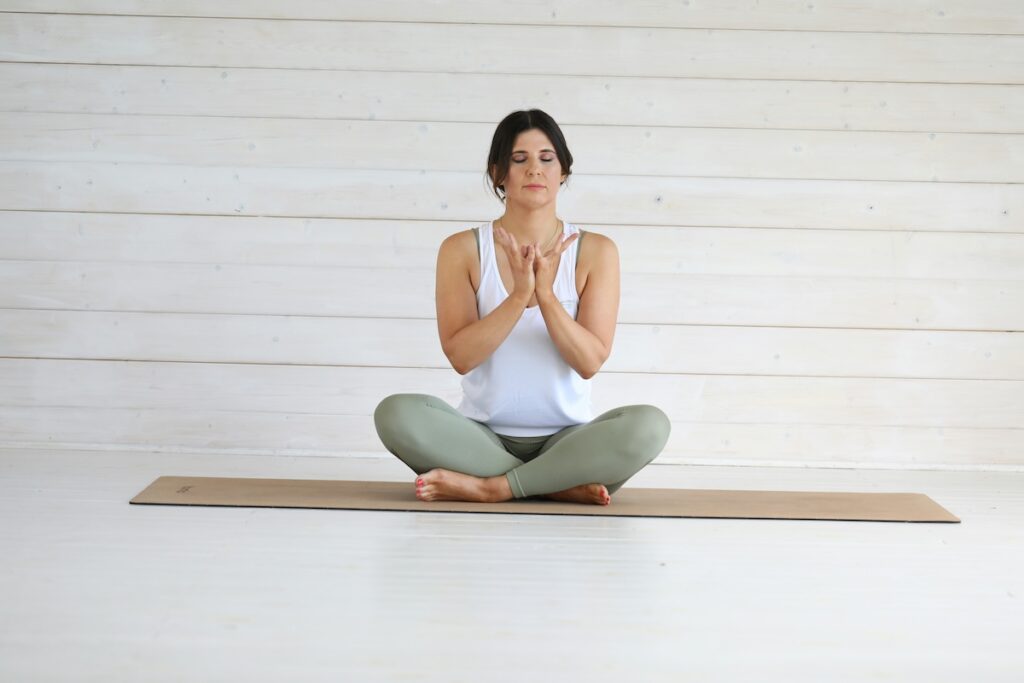Neuroscience and the study of gratitude, shows us how the brain can respond and adapt to a grateful mind by gradually integrating new neural pathways with intentional practice.
Neural pathways are electrical connections – or patterns – of repetitive thinking and feeling over time that have become our unconscious default responses.
Our default negative thinking begins to change. We bring our thoughts to light and become more aware of life around us. We not only recognise, but begin to look for, the kindness of others and their contribution to our lives.
When we begin with an intention of seeking gratitude – looking for good things, appreciating the small things – we begin to use our brain in a new way, so that when we do this consciously on a regular basis, our brain slowly notices these positive things more readily.
Gratitude is a practice of being thankful, heart-full, and aware of what contributes to your state of wellbeing. It’s in these little observations that we step outside of our programmed thinking and are challenged to view the world and ourselves from a different perspective.
Looking at your life and really taking it in, creates an attitude of gratitude for all that you have, and reduces the cravings, fear or anger of focusing on what you don’t have. Together this helps to reduce your negative responses, promote positive thinking, lift a depressed and anxious mind, and elevate your mood to a more proactive and accepting one.
Dedicating a portion of time to focusing on what you’re grateful for is in no way a solution to negative emotions. Emotions must be identified and acknowledged if we are to move up the hierarchy of needs.
Gratitude assists to restore a balanced perspective and provide an opportunity to counter a negative mindset i.e. whatever it is, it will pass.
In the meantime, we can acknowledge the people and circumstances in our lives that support us through the challenging times and contribute to our happiness needs.
Being thankful (showing gratitude) is a wonderful tool for shifting our perspective. It’s akin to declaring: Despite all the horrible things that might be going on around me at the moment, I accept this as part of my journey right now, and I am even more thankful for what and who sustains me through these tough times.
The secret sauce is to increase the deep feelings of gratitude by stating WHY you are grateful. For example: I am grateful for____________ because_______________.
Guidelines for getting started:
- Decide you want to appreciate the people and opportunities in your life more, and become aware of the small gestures that mean so much. Take note of your senses and follow where they lead.
- Consider some of the things that you often take for granted, completely ignore, or forget about in times of stress. What or who sustains you in your darkest times?
- Think about what is good in your life: what you appreciate having, knowing or being able to do. Notice how your body and mood responds while you’re thinking about these things.
- Now think about specifics; why are you grateful for these things? Attaching a reason brings deeper meaning and emotion to your limbic brain and wires these positive associations in new neural connections that support a growth mindset.
The practice of gratitude is a powerful and life changing experience. It reframes our negative beliefs, worrying thoughts, challenging moments and stressful emotions, and reminds us that they are impermanent experiences.
Gratitude brings the positives aspects of our life into focus – overriding the tendency to get carried away with negative thoughts that cause mental, emotional and physical suffering.
Gratitude turns what we have into enough, and more. It turns denial into acceptance, chaos to order, and confusion to clarity. It also develops optimism and self-acceptance, and reduces stress.
Starting a daily gratitude journal is a very quick, powerful and present way to value the important aspects of your life and recognise what contributes to your meaning, purpose and happiness.
Featured image by Giulia Bertelli on Unsplash.
Author:
Viki Thondley
Viki Thondley-Moore is an Integrative Holistic Counsellor, Brain-Based Coach, Clinical Hypnotherapist, Mind-Body Somatic Practitioner, Wellness Coach, Meditation Teacher, Educator and Disordered Eating Specialist. Viki is founder of MindBodyFood and Founder/Director of the MindBodyFood Institute.
DOWNLOAD OUR COURSES GUIDE
Learn More About Our Course Offerings and Discover Which New Wellbeing Career Best Suits Your Passion!








